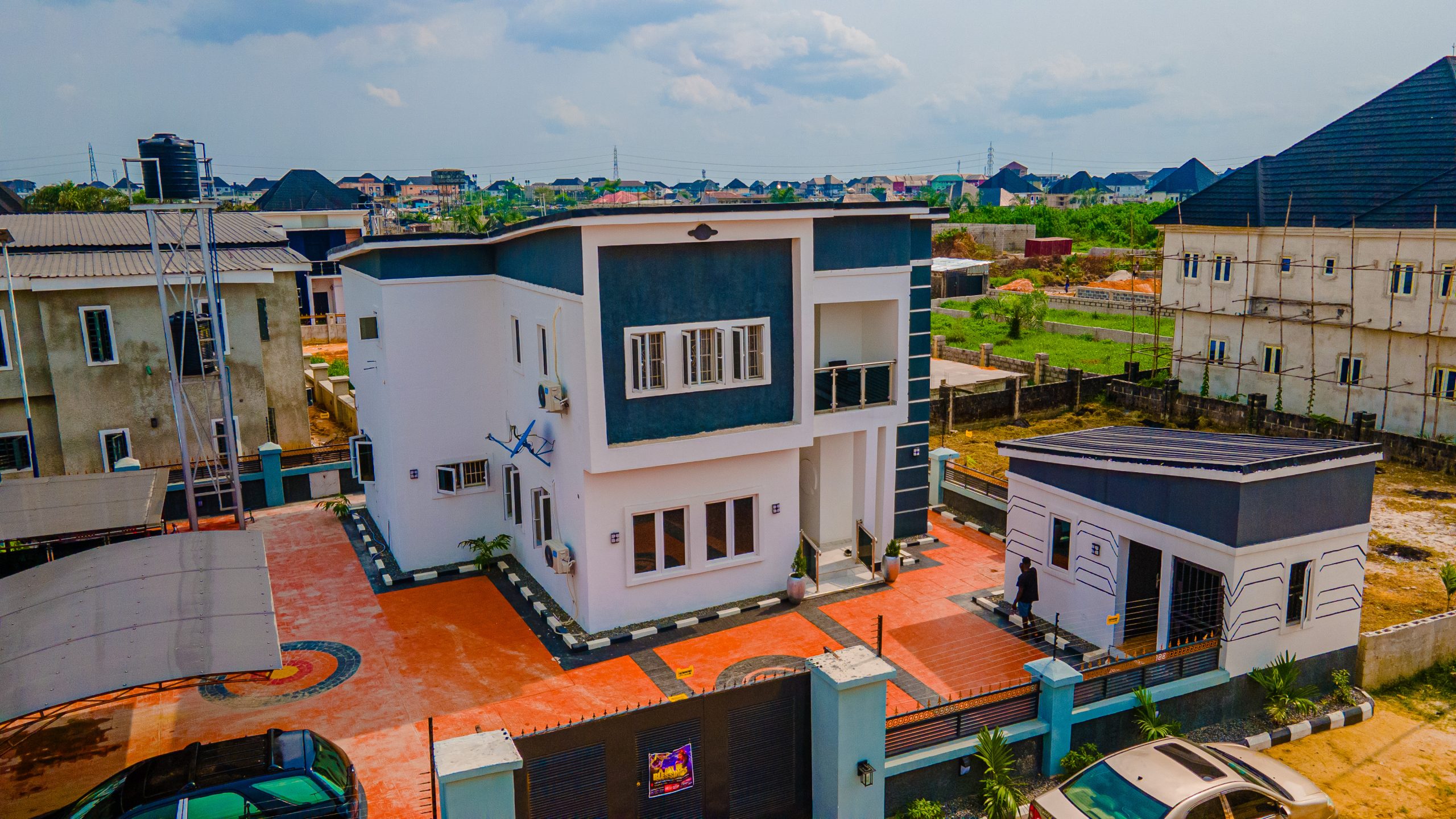Top Real Estate Investment Locations 2025 in Nigeria: Where to Invest & Why
In the Nigerian real estate market, 2025 presents a unique window of opportunity. With rising infrastructure, urbanisation and rising demand for housing, identifying the right real estate investment locations 2025 becomes critical. Whether you’re an individual investor, expatriate Nigerian, or part of a real-estate firm, knowing where to place your capital can make the difference between modest returns and strong gains. In this post we explore the top Nigerian locations to invest in 2025, provide criteria to evaluate them, and equip you with local-specific context to make smarter decisions.
Why Location Matters (Even in Nigeria)
Location remains the cornerstone of real estate investment and in the Nigerian context it means:
-
Urbanisation and migration: city-population growth and movement to secondary cities drive housing demand. For example, some Nigerian cities are seeing stronger growth away from just Lagos or Abuja.
-
Infrastructure & economic drivers: Mega-projects like ports, free-trade zones, new roads make the difference. For example, the Ibeju‑Lekki corridor in Lagos is gaining because of the Deep Sea Port and industrial projects.
-
Supply constraints and affordability gap: Some markets that were under-the-radar (less saturated) may offer better entry and higher upside.
-
Local/regulatory risk and documentation: In Nigeria, due diligence on title, approvals and developer integrity are critical. Without that, even the best location can become a headache.
When choosing from the top real estate investment locations 2025 in Nigeria, filter for growth corridors, affordability, infrastructure momentum, and risk-mitigation.

Top Locations in Nigeria for Real Estate Investment in 2025
Here are five prime locations worth your focus in Nigeria for 2025:
1. Lagos State – Growth Corridors (Ibeju-Lekki / Epe)
Why Invest: The corridor along Ibeju-Lekki and Epe is emerging as one of the top picks. With the industrial drive (port, refinery), land values have already started appreciating.
What to Watch: Entry price is rising quickly; ensure you buy in a fully approved estate/parcel and check transport connectivity.
Best for: Long-term appreciation (5–10 yrs) and investors who can wait.
2. Abuja / FCT – Emerging Sub-Locations (Lugbe, Kuje, Lokogoma)
Why Invest: As Nigeria’s administrative capital, the Federal Capital Territory (FCT) remains attractive. Suburbs around Abuja (Lugbe, Kuje, Lokogoma) are metamorphosing with rising middle-class demand.
What to Watch: Price per plot or unit is higher than many out-of-state areas; rental yields may be moderate depending on location.
Best for: Investors looking for stable value and less risk compared to the most speculative markets.
3. Ogun State – Lagos Spill-Over Corridor
Why Invest: With the Lagos-Ogun industrial and residential spill-over, areas like Ado-Odo Ota, Ifo and Sango are seeing attention. Land is still more affordable than Lagos proper.
What to Watch: Infrastructure (roads, utilities) may lag; ensure developer is credible and location has a clear growth path.
Best for: Investors looking for value / land banking vehicles with decent upside.
4. Secondary Cities – Ibadan (Oyo State), Enugu / Awka (South-East)
Why Invest: Emerging cities offer higher margin opportunities because they’re less saturated, more affordable and still showing upward pressure. For example, Ibadan is being highlighted as an emerging market.
What to Watch: Liquidity (ease of exit) may be lower; rental demand may be thinner in some segments.
Best for: Investors with moderate budgets aiming for medium-term gains.
5. Port Harcourt (Rivers State) – Oil & Gas Hub
Why Invest: The commercial and oil-industry hub status gives this city rental demand from professionals and steady real estate activity.
What to Watch: Dependence on oil-economy fluctuations; job relocation risk; some neighbourhoods may be oversupplied.
Best for: Investors focused on rental yields and willing to stay updated on local economic conditions.
Checklist: How to Choose a Location (Nigeria-Specific)
Use this practical checklist to evaluate each prospective investment location:
-
Infrastructure momentum: Is there a major project (port, airport, rail, expressway) underway or announced? Example: Ibeju-Lekki.
-
Affordability/entry cost: Can you enter at a reasonable price relative to projected growth?
-
Title & documentation: Does the land/estate have governor’s consent, proper survey, deeds and no litigation? Many Nigerian investors skip this risk. Do your due diligence and proper documentation.
-
Rental demand / exit liquidity: Are there tenants (corporate, professionals) or a strong local buyer pool?
-
Macro/regulatory risk: Are there risks of land grabbing, fraud, poor developer delivery? Nigeria has such issues.
-
Time-horizon & strategy: Are you buying for quick flip, 3–5 yrs, or long-hold (10+)? Make sure you choose accordingly
Conclusion
The top real estate investment locations 2025 in Nigeria are those where infrastructure-driven growth, affordable entry, and strong fundamentals meet. Whether you pick a high-growth corridor in Lagos, a reliable suburb in Abuja/FCT, or an emerging city with upside, the keys will be due diligence, strategy alignment, and patience. As you move forward, leverage the checklist above, stay vigilant about risk, and position yourself for both value growth and rental income.
Frequently Asked Questions
1. What are the top real-estate investment locations 2025 in Nigeria for beginners?
Beginners might start in emerging secondary cities or Lagos-spillover locations where entry cost is moderate (e.g., Ibadan, Ogun State corridor) rather than ultra-premium areas.
2. Is investing in Lagos still worthwhile in 2025?
Yes. Especially in growth corridors like Ibeju-Lekki/Epe due to major infrastructure projects. But you’ll face higher competition and entry cost, so choose carefully.
3. What strategy should I use — land banking vs built property?
Land banking (buying land early) can yield large appreciation if the area develops, but carries more risk (infrastructure may lag). Built property (apartments, rentals) might offer quicker cash-flow but often requires more capital and active management.
4. How do I mitigate fraud or bad deals in Nigerian real estate?
Always verify: survey plan, governor’s consent, title deeds, proper estate registration. Use trusted agents/developers. Be wary of “too good to be true” offers. Do your due diligence.
5. Will my investment hold value if the economy weakens?
Diversify: choose locations with broad demand (not only oil or single-industry dependent), pick properties with versatility (rental/convertible use) and stay updated on macro trends.

